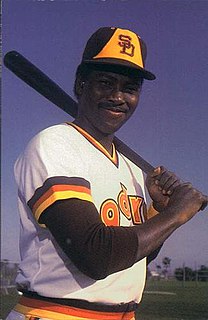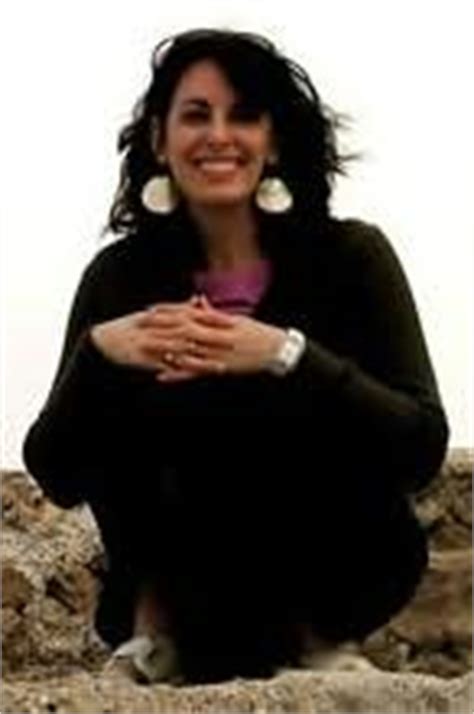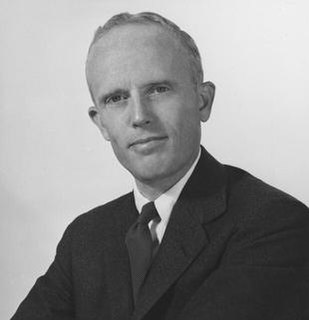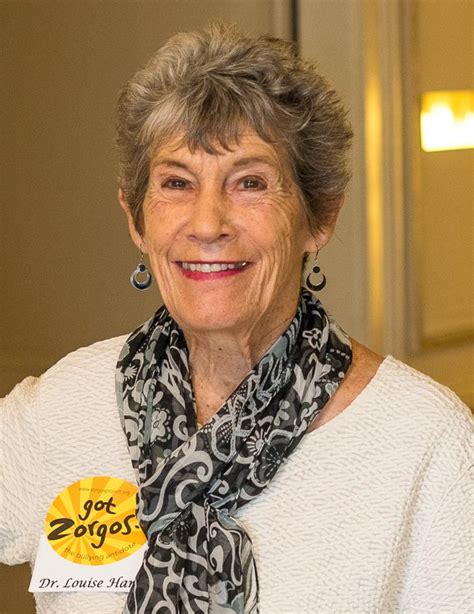A Quote by Robin G. Collingwood
History is for human self-knowledge. Knowing yourself means knowing, first, what it is to be a person; secondly, knowing what it is to be the kind of person you are; and thirdly, knowing what it is to be the person you are and nobody else is. Knowing yourself means knowing what you can do; and since nobody knows what they can do until they try, the only clue to what man can do is what man has done. The value of history, then, is that it teaches us what man has done and thus what man is.
Related Quotes
Right now you can allow yourself to experience a very simple sense of not knowing - not knowing what or who you are, not knowing what this moment is, not knowing anything. If you give yourself this gift of not knowing and you follow it, a vast spaciousness and mysterious openness dawns within you. Relaxing into not knowing is almost like surrendering into a big, comfortable chair; you just fall into a field of possibility.
A man of knowing attains to a sense of humour. Let this always be remembered. If you see someone who has no sense of humour, know well that that man has not known at all. If you come across a serious man, then you can be certain that he is a pretender. Knowing brings sincerity but all seriousness disappears. Knowing brings a playfulness; knowing brings a sense of humour. The sense of humour is a must.
These are the only two situations possible, and you are in the sad situation. Everybody may know about you - who you are - but you yourself are completely oblivious of your transcendence, of your real nature, of your authentic being. This is the only sadness in life. You can find many excuses, but the real sadness is this: you don't know who you are. How can a person be happy not knowing who he is, not knowing from where he comes, not knowing where he is going? A thousand and one problems arise because of this basic self-ignorance.
It should begin with friendship, I think. Suddenly I cannot look at him. It should begin with friendship and truly knowing who a person is, knowing his flaws and hopes and strengths and fears, knowing all of it. And admiring and caring for- loving the person because of all of those things... I know that now.
To know another human being in their essence, you don’t really need to know anything about them - their past, their history, their story. We confuse knowing about with a deeper knowing that is non-conceptual. Knowing about and knowing are totally different modalities. One is concerned with form, the other with the formless. One operates through thought, the other through stillness.
Self-respect cannot be hunted. It cannot be purchased. It is never for sale. It cannot be fabricated out of public relations. It comes to us when we are alone, in quiet moments, in quiet places, when we suddenly realize that, knowing the good, we have done it; knowing the beautiful, we have served it; knowing the truth we have spoken it
We have traditionally thought of knowing in terms of subject and object and have struggled to attain objectivity by detaching our subjectivity. It can't be done, and one of the achievements of postmodernity is to demonstrate that. What we are called to, and what in the resurrection we are equipped for, is a knowing in which we are involved as subjects but as self-giving, not as self-seeking, subjects: in other words, a knowing that is a form of love.
The Spirit which is within you is a collective being and once you are awakened into the light of Spirit, you become a collective being. That means, on your finger tips you can feel the centers of others also as you can feel yourself. By knowing yourself you know the self knowledge, the inner self knowledge and by knowing others you are in collective consciousness.
Self-esteem creates natural highs. Knowing that you're lovable helps you to love more. Knowing that you're important helps you to make a difference to to others. Knowing that you are capable empowers you to create more. Knowing that you're valuable and that you have a special place in the universe is a serene spiritual joy in itself.







































